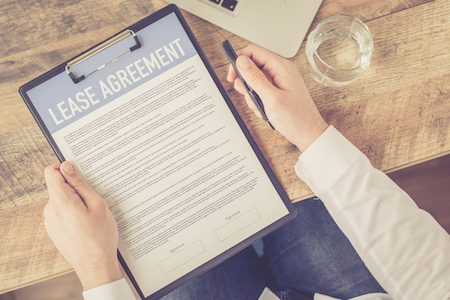Getting out of a lease isn’t easy. But there are some steps you can take to make the process less stressful for both you and your landlord.
Breaking a lease so you can move into a new home can unleash some expensive problems. Not staying for the full term of a lease can result in having to pay the total rent for the entire period. If you’re moving out six months early, for example, your landlord can require the remaining six months of rent, or at the least a large fee to get out of the lease.
Here’s how you can avoid conflict and break your lease without hurting your tenant-landlord relationship:
Ask Early
Ask your landlord months before you actually want to break your lease. They may be open to it for a number of reasons:
- A hot rental market could allow them to rent to a new tenant at a higher rent.
- If your lease was going to end in the winter, the landlord might prefer a summer move out when they can find more possible tenants.
- Giving as much notice as possible gives your landlord more time to find a new tenant and minimizes loss of income.
Find a Replacement
Maybe you know a friend who wants to rent your apartment. Ask your landlord if you can sublet to them, or let them take over your lease. If not, then at least your help with finding a new tenant should allow your lease to be cancelled without a fee.
Even if you don’t find a replacement, you shouldn’t have to pay any more rent when a new tenant moves into your unit. Landlords can’t double dip on rent from you and a new tenant.
Be a Good Tenant
If you’ve always paid your rent on time, have taken care of the property and let the landlord know of any problems as soon as they happen, then you’re probably considered a good tenant and they might be willing to cut you a deal on breaking the lease.
Offer to clean the unit and move out early so it can be shown to more people, or at least keep it tidy while you’re living in it so it can be ready for showings. Work with the landlord in finding a new tenant.
Review the Lease
Carefully read the lease for an opt-out clause. You may be allowed to pay a small fee and avoid paying the remaining rent so you can move out early. If necessary, ask a lawyer for help.











